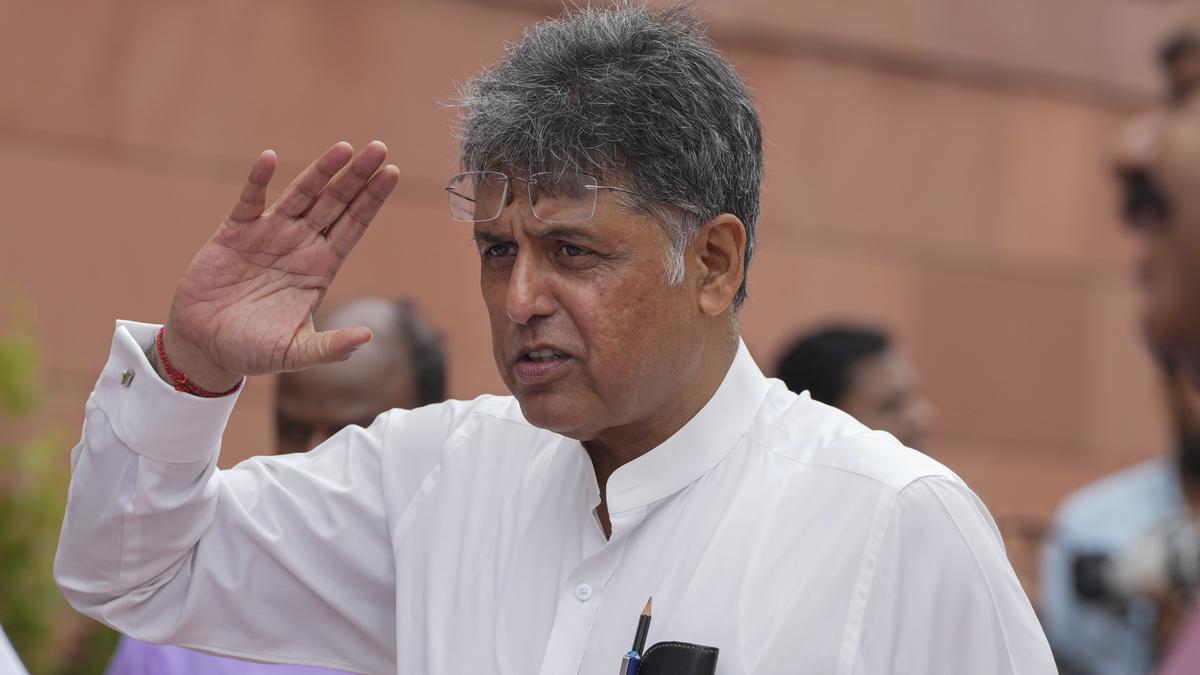ARTICLE AD BOX
For all the potential upside Neue Klasse brings, the success of the project ultimately will depend on where it leaves BMW in an increasingly brutal competition with Chinese manufacturers that are undercutting the rest of the auto world.
BMW and Mini’s combined sales in China slumped 15% during the first half of the year, after sliding 13% in 2024. In a market that’s quickly going electric, local manufacturers are dominating by peppering showrooms with new models at cut-rate prices.
“There are market segments where you cannot be profitable,” Zipse said. “If it’s not profitable, we retract.”
That said, the CEO insists it would be a big mistake for BMW — or Europe broadly — to decouple from the the world’s second-largest economy.
“There is so much competency, so much innovation, so many advantages just by virtue of the sheer size and scale of China,” Zipse said. “You cannot ignore that.”
Because of relatively resilient demand for its profitable combustion engine-powered models, BMW is better positioned than mass-market producers like Volkswagen AG and General Motors Co. in China. Still, the company must change the perception that Western automakers are far behind domestic manufacturers on software and battery technology.
The iX3 will have to prove its worth relative to Tesla’s Model Y — priced from 263,500 yuan ($36,700) — and vehicles from domestic brands such as Xiaomi’s YU7, a new 253,500-yuan SUV that drew 289,000 orders in its first hour of availability. BMW sells its locally manufactured X3 SUV at a premium, starting at around 350,000 yuan.
The company has tried to tailor its models to local tastes, integrating WeChat and offering access to a China-specific app store. It’s also put the market at the front of the line for new innovations. When BMW first brings large language models into its cars next year, they’ll be debuting in China via a collaboration with the buzzy artificial intelligence startup DeepSeek.
Tesla’s Vulnerability
BMW’s Neue Klasse models are poised to strike back at Tesla at a vulnerable time.
When asked whether Musk’s unpopularity in Europe offered an opportunity for BMW, Zipse initially demurred, not wanting to wade into negativity. Then he offered a subtweet of sorts about the owner of the social network formerly known as Twitter, and what he’s done to Tesla’s brand.
Zipse said BMW puts all its focus on offering products that customers “enjoy and are proud to drive without having to justify their choice.”
“You must be aware that everything you do is being watched closely and affects your company’s brand and reputation,” he said.
At another point in the interview, Zipse suggested Tesla has dominated the EV market in the US largely because of regulations that have required an ever-greater share of each manufacturers’ sales to be zero-emission vehicles. Companies that have struggled to comply on their own have spent billions of dollars buying regulatory credits from overachieving manufacturers — and no one has been a bigger beneficiary than Tesla.
“What we’ve more or less witnessed is the transfer of funding from an allegedly ‘old’ industry to a so-called ‘new’ industry,” Zipse said. “There’s this narrative that a company’s success is all about competence and the capability of CEOs. But it’s far more complex than that.”
Tesla’s regulatory credit revenue is now under serious threat. Trump signed legislation in June to effectively void California’s program that compels sales of more zero-emission vehicles over the next decade. The president followed that up in July with his tax and spending bill that eliminated penalties for noncompliance with federal fuel-economy rules. The administration also has taken steps toward doing away with tailpipe-emissions standards, among other emissions limits.
Tesla's Darkening Outlook To Test Robotaxi Vision Pushed By Musk



.png)
.png)
.png)
















 1 week ago
7
1 week ago
7









 English (US) ·
English (US) ·